Sonic attacks: US embassy fears spread to China
After Cuban accusations, State Department puts staff on alert in China too
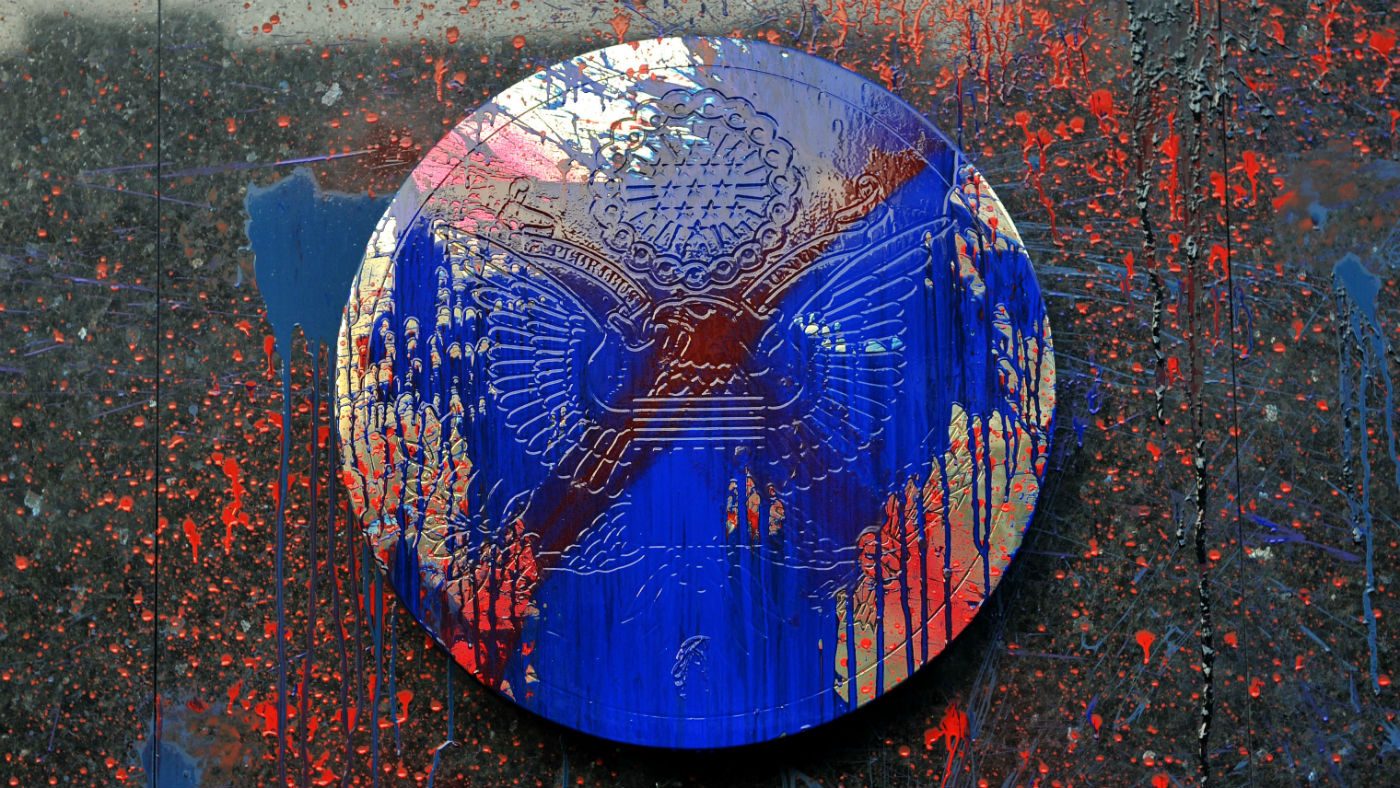
A free daily email with the biggest news stories of the day – and the best features from TheWeek.com
You are now subscribed
Your newsletter sign-up was successful
US embassy workers in China have been warned they may be at risk of ‘sonic attacks’ after a consulate employee reported abnormal sensations of sound and pressure.
The staff member suffered a “variety of physical symptoms” between late 2017 and April 2018 while working at the US consulate in the city of Guangzhou, said embassy spokeswoman Jinnie Lee. He or she was flown back to the US last week and diagnosed with mild traumatic brain injury.
The State Department warning extends to all American citizens in China, urging them to seek medical help if they feel similar symptoms.
The Week
Escape your echo chamber. Get the facts behind the news, plus analysis from multiple perspectives.

Sign up for The Week's Free Newsletters
From our morning news briefing to a weekly Good News Newsletter, get the best of The Week delivered directly to your inbox.
From our morning news briefing to a weekly Good News Newsletter, get the best of The Week delivered directly to your inbox.
US Secretary of State Mike Pompeo said the incident and symptoms were “very similar” and “entirely consistent” to those experienced by American diplomats posted in Havana.
In November 2016, US diplomats based in Cuba started to complain of odd ailments, including dizziness, nausea and hearing problems. More than 20 US government workers who had been stationed in Cuba at the time were later found to have some brain abnormalities.
However, CNN says the cause of those incidents “still remains a mystery”, and The Guardian reports that “some doctors and scientists said they believed the situation was being spun for political gain”.
At one point investigators suspected they had been the victim of a ‘sonic attack’ or electromagnetic weapon. It prompted a reduction of staff at the recently re-opened embassy in Havana despite little scientific evidence to back up the US claims of foul play.
A free daily email with the biggest news stories of the day – and the best features from TheWeek.com
In October the US government also expelled 15 Cuban diplomats for what it said was Cuba’s failure to protect its staff in Havana.
The New York Times says “it is unclear what might drive Chinese agents to risk inflicting brain injury on an American government employee, especially in a heavily commercial posting like Guangzhou”.
China does have form in this area, however, having been formally accused by the US in May of pointing military-grade lasers at a US military aircraft near Djibouti, where both countries have bases, causing two US pilots to suffer mild eye injuries.
So far the state department has not accused China of responsibility for the incident in Guangzhou, but it does come at a time of increased tension between the two countries amid fears of a trade war.
The incident is being treated “very seriously”, said Pompeo, who confirmed that medical teams were heading to Guangzhou to investigate. A US embassy official told Reuters: “We cannot at this time connect it with what happened in Havana, but we are investigating all possibilities.”
-
 How the FCC’s ‘equal time’ rule works
How the FCC’s ‘equal time’ rule worksIn the Spotlight The law is at the heart of the Colbert-CBS conflict
-
 What is the endgame in the DHS shutdown?
What is the endgame in the DHS shutdown?Today’s Big Question Democrats want to rein in ICE’s immigration crackdown
-
 ‘Poor time management isn’t just an inconvenience’
‘Poor time management isn’t just an inconvenience’Instant Opinion Opinion, comment and editorials of the day
-
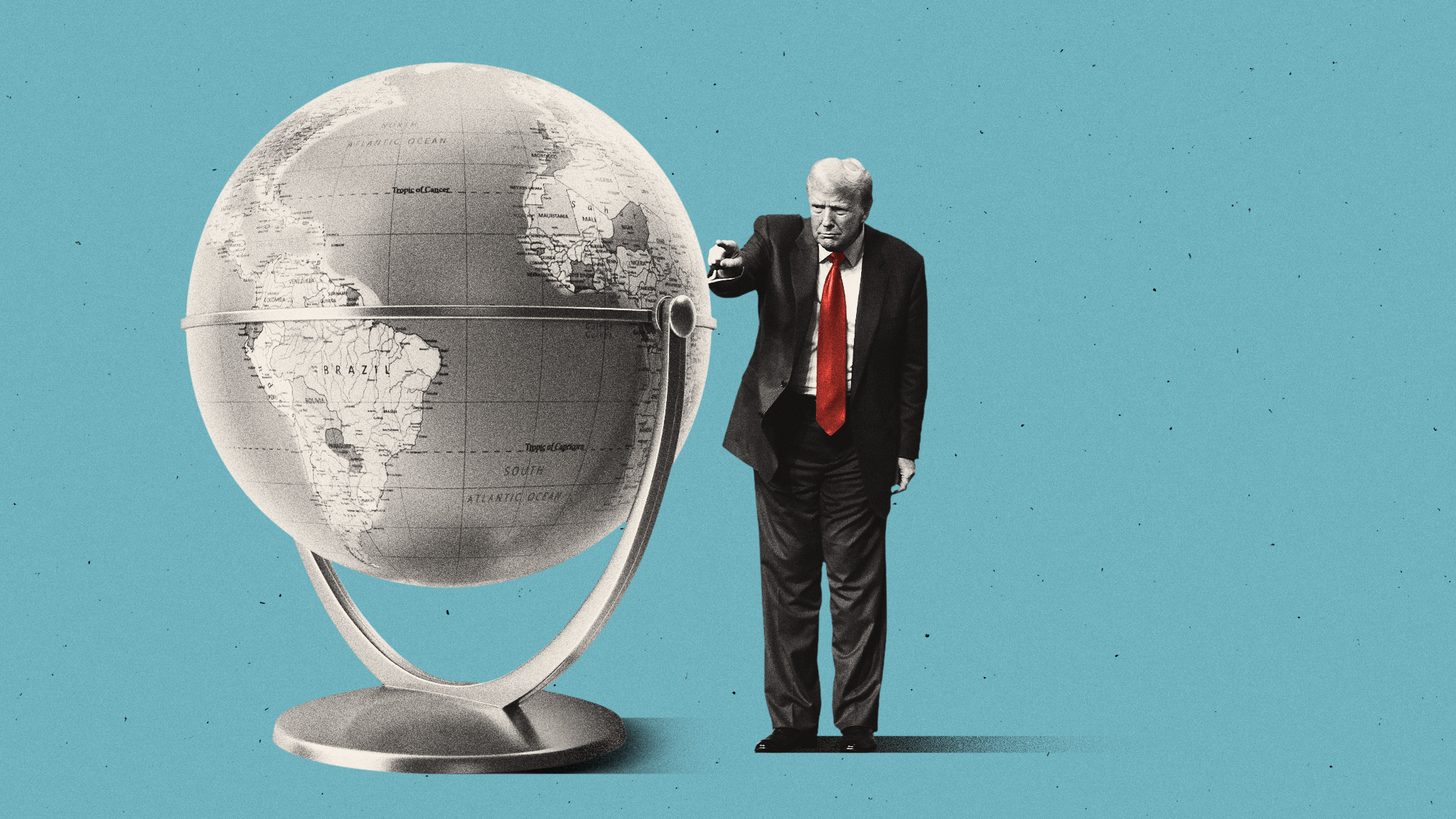 Greenland, Colombia, Cuba: where is Donald Trump eyeing up next?
Greenland, Colombia, Cuba: where is Donald Trump eyeing up next?Today's Big Question Ousting Venezuela’s leader could embolden the US administration to exert its dominance elsewhere
-
 Cuba's mercenaries fighting against Ukraine
Cuba's mercenaries fighting against UkraineThe Explainer Young men lured by high salaries and Russian citizenship to enlist for a year are now trapped on front lines of war indefinitely
-
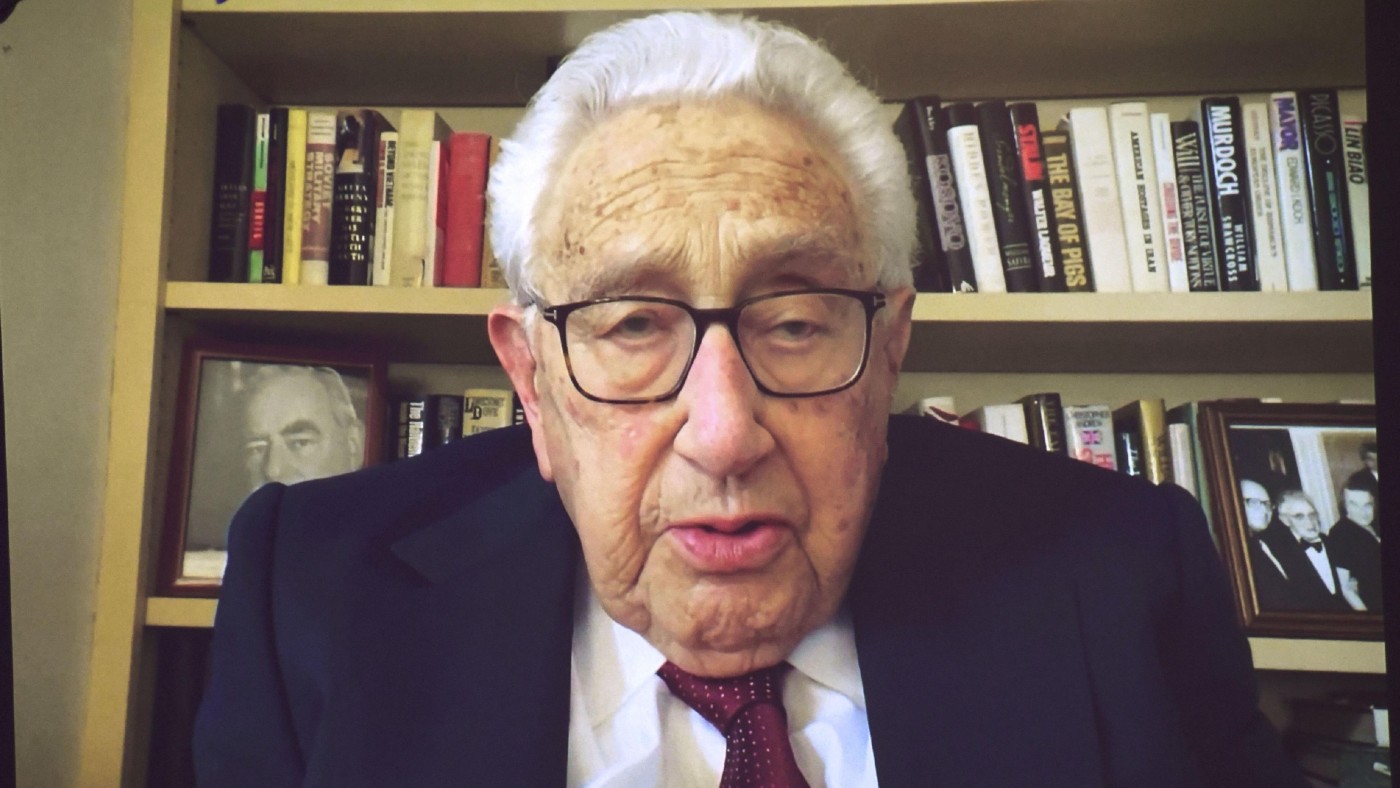 Is Henry Kissinger right about Ukraine?
Is Henry Kissinger right about Ukraine?Speed Read The US statesman made a controversial speech at a virtual Davos appearance last week
-
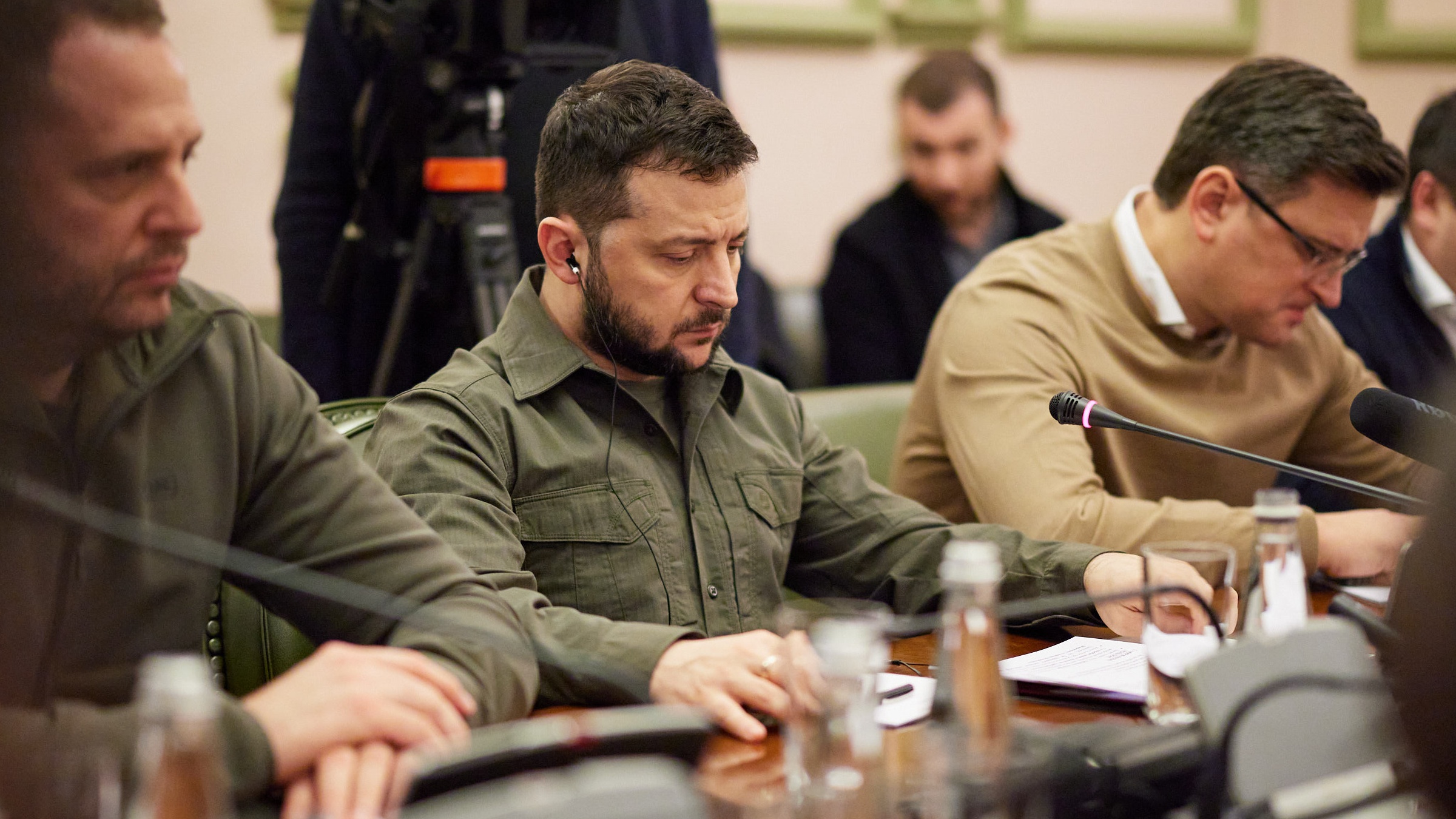 Volodymyr Zelenskyy refused evacuation as Russian hitmen ‘parachuted’ into Kyiv
Volodymyr Zelenskyy refused evacuation as Russian hitmen ‘parachuted’ into KyivSpeed Read Ukrainian president turned down opportunity to leave capital despite threat to life, adviser claims
-
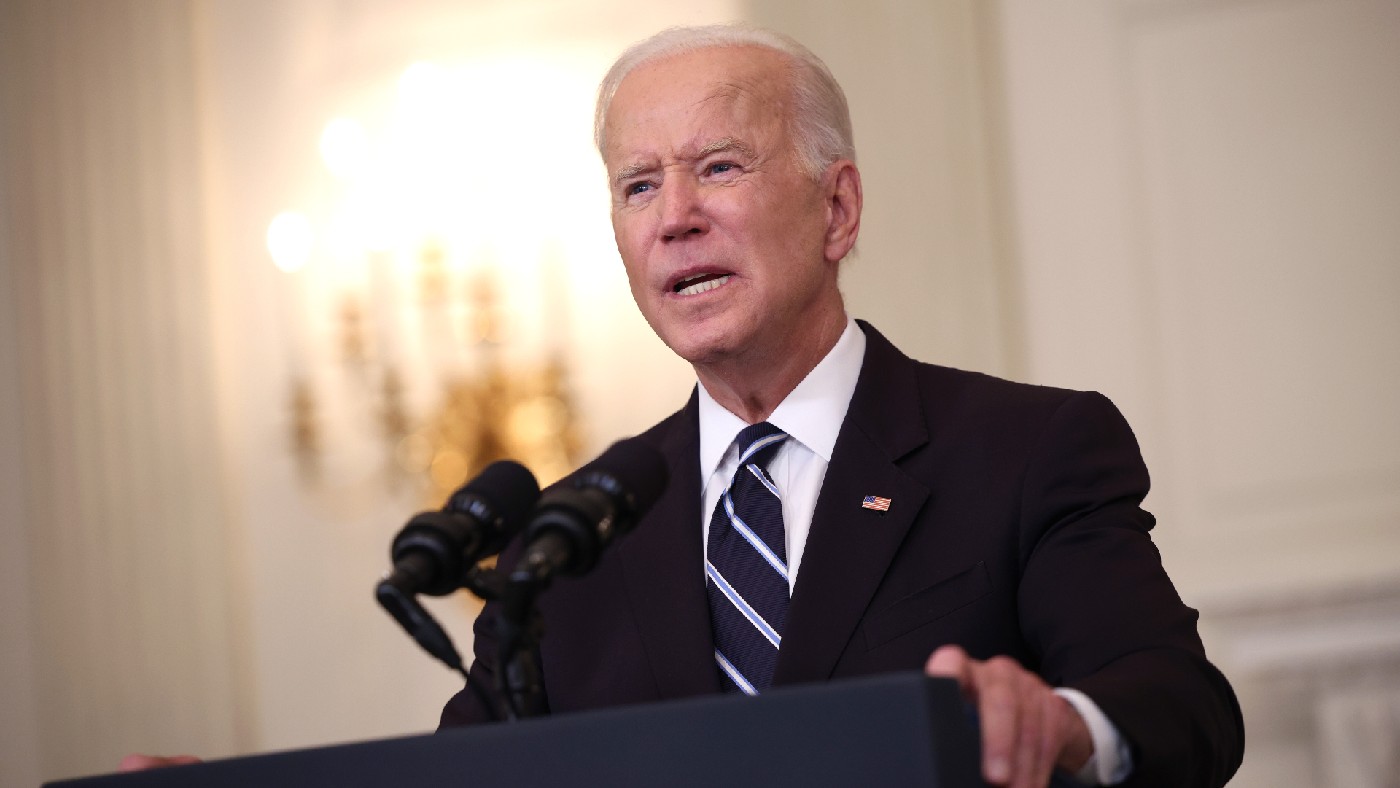 America’s withdrawal from Afghanistan: a retreat into isolationism?
America’s withdrawal from Afghanistan: a retreat into isolationism?Speed Read ‘In his selfish unilateralism’, Biden is no better than Trump, said The Daily Telegraph
-
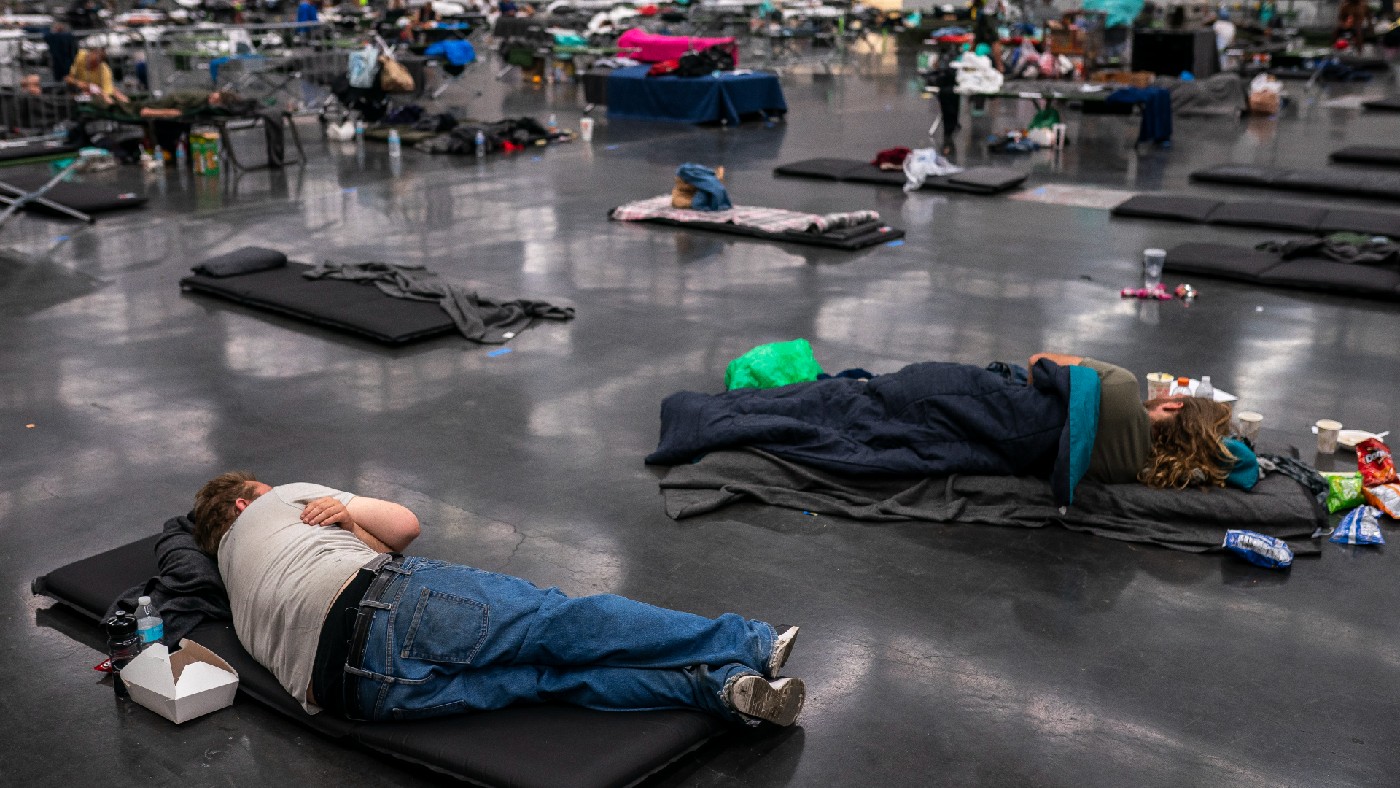 The ‘heat dome’: blistering temperatures in the Pacific Northwest should act as a wake-up call
The ‘heat dome’: blistering temperatures in the Pacific Northwest should act as a wake-up callSpeed Read People are used to hearing of record-high temperatures in desert states such as Nevada or Arizona, but not in verdant Washington and Oregon
-
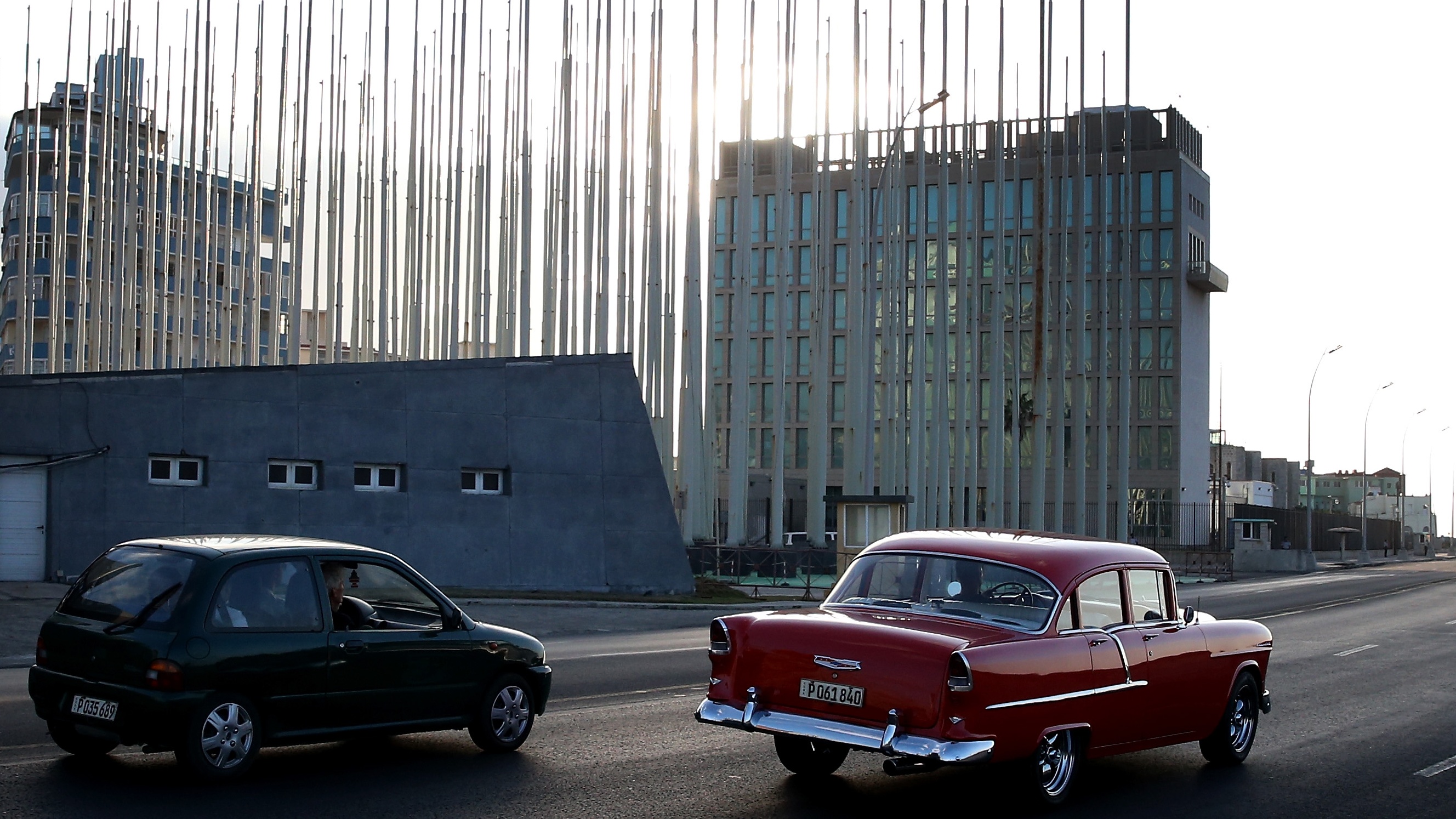 Mysterious brain injuries at embassies in China and Cuba trigger CIA probe
Mysterious brain injuries at embassies in China and Cuba trigger CIA probefeature Scores of US spies, diplomats and soldiers have reported unexplained health problems over past five years
-
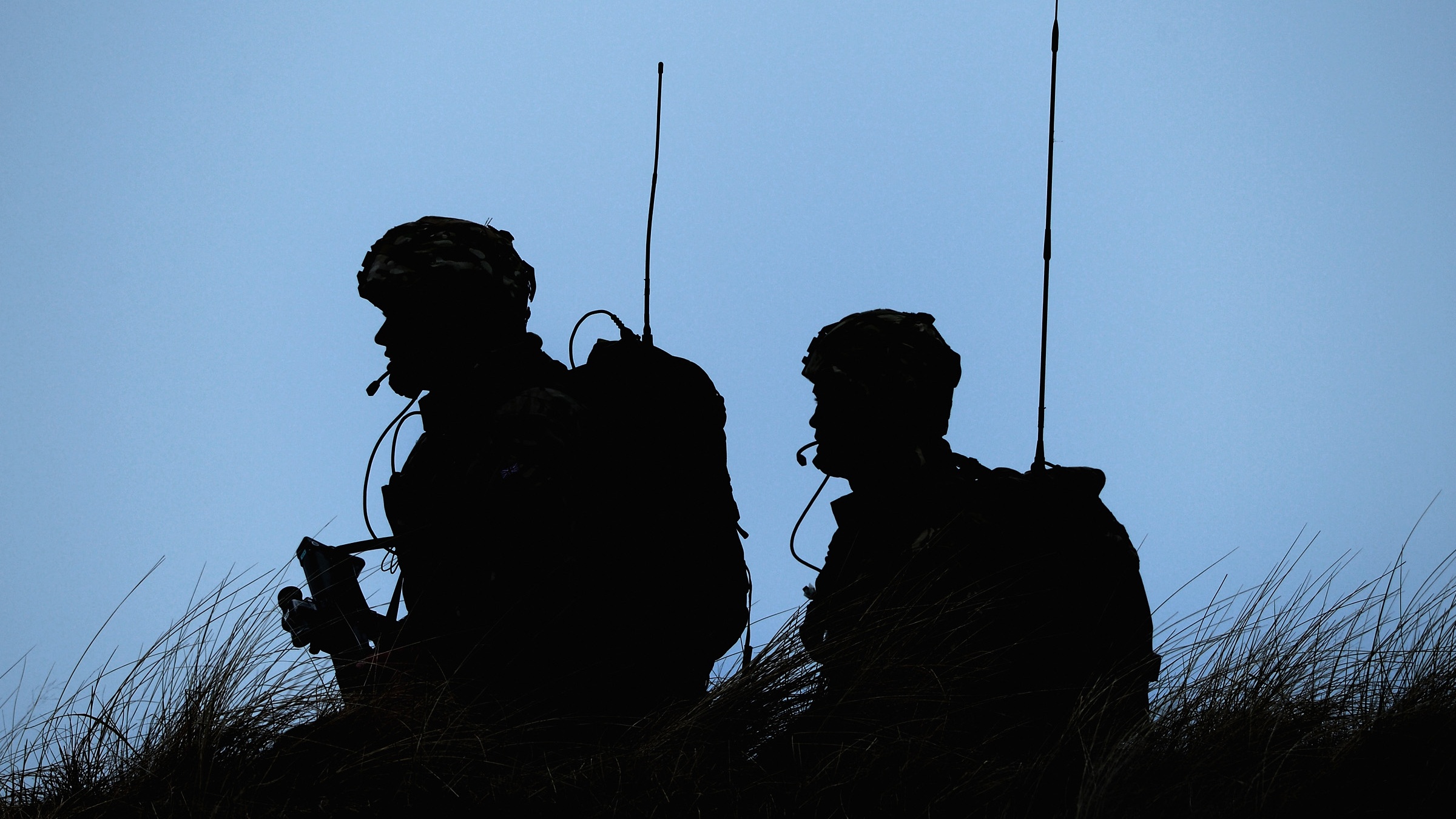 Royal Marines ready to ‘disrupt and confuse’ enemies
Royal Marines ready to ‘disrupt and confuse’ enemiesSpeed Read Military chief says operating in area between peace and war could prevent all-out conflict